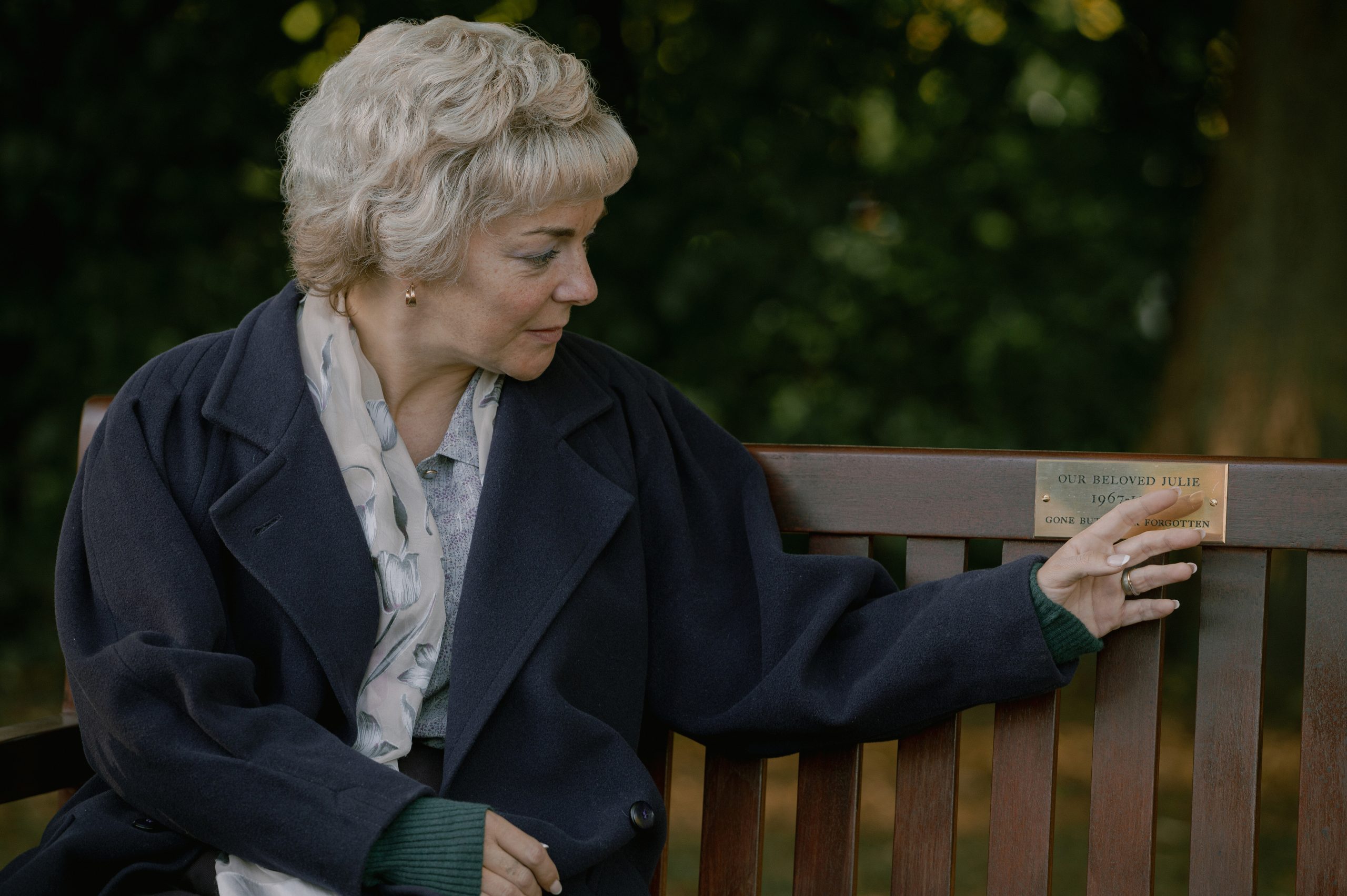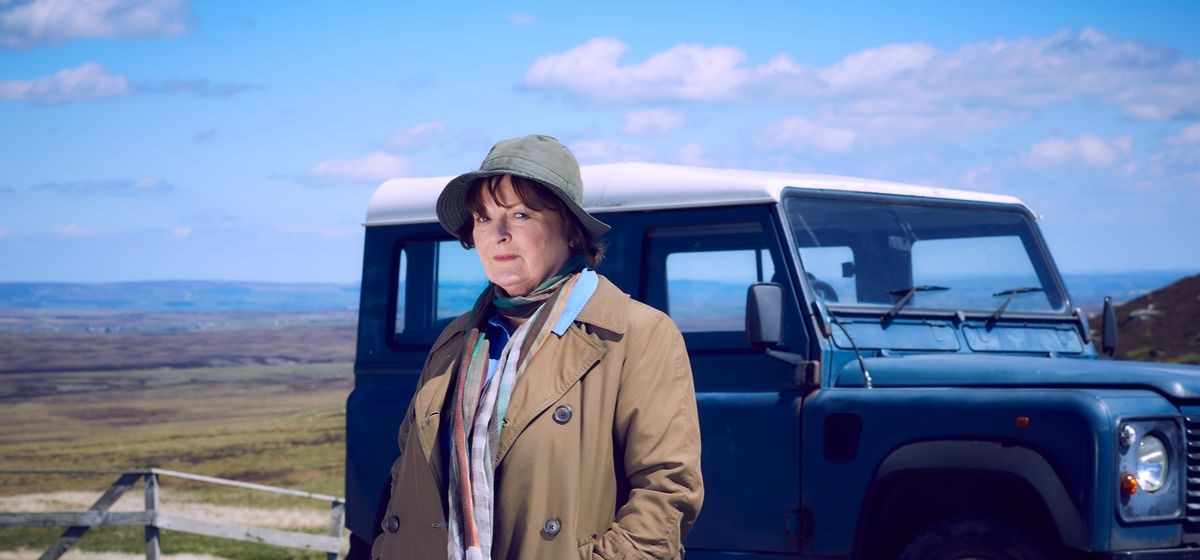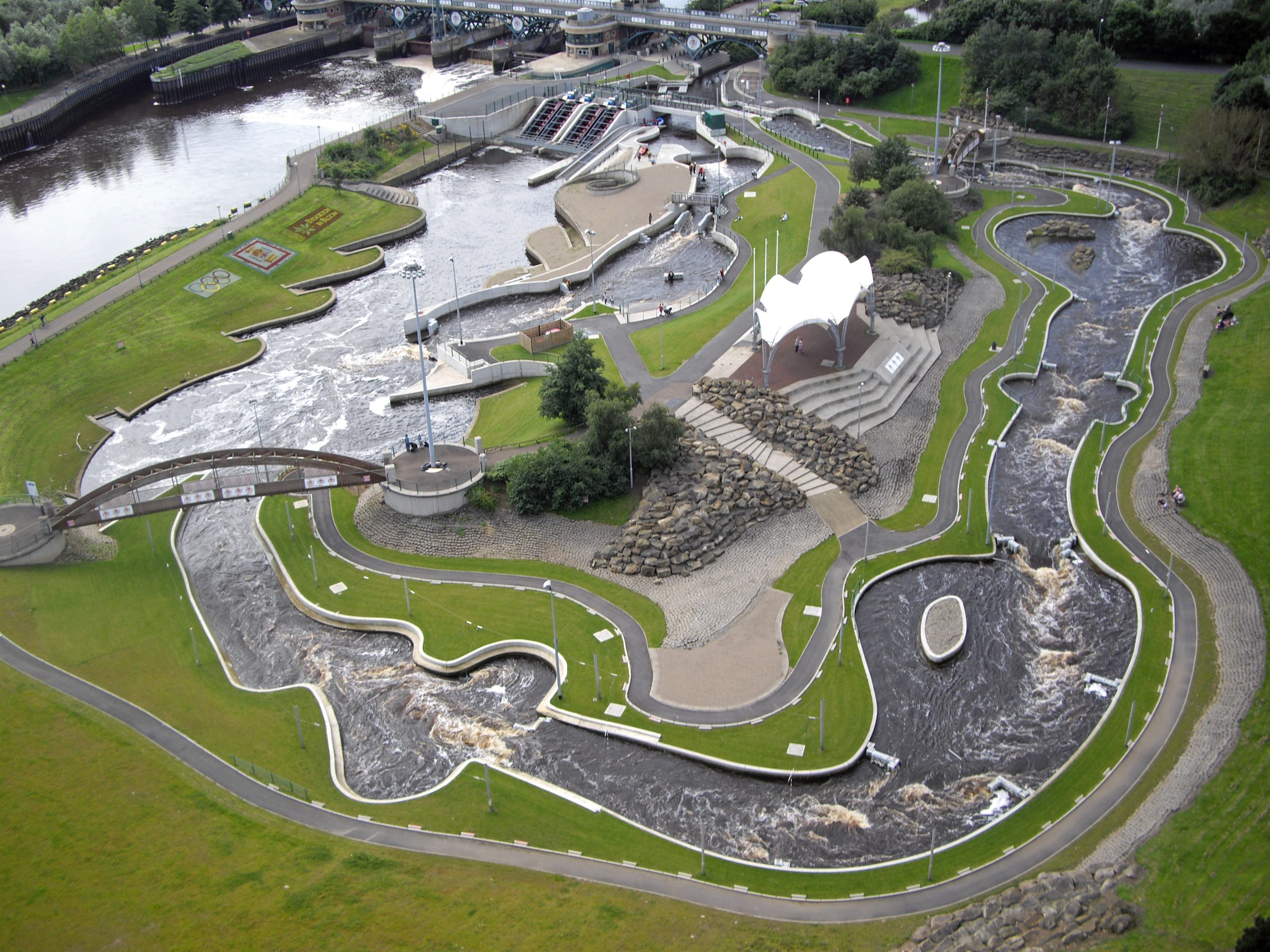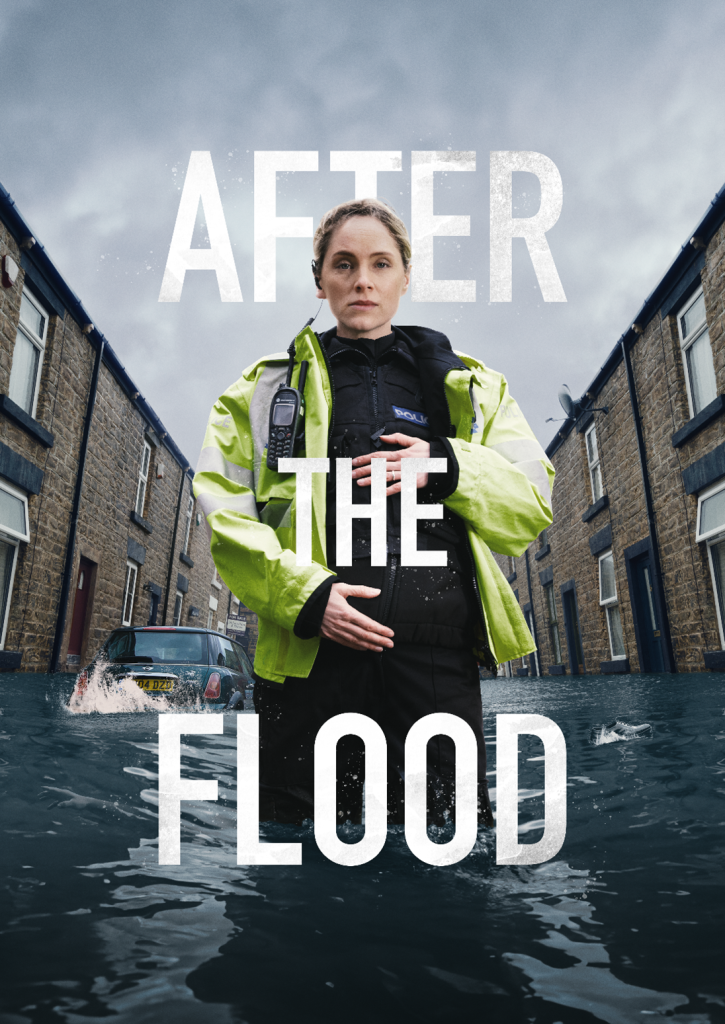North East Production Funded production I Fought the Law has received rave reviews with audiences and critics following its debut on ITV.
The series averaged 1.90 million overnight across its four parts, was streamed over 10 million times in its first week and ranks as ITVX’s 4th most watched dramas.
The drama which was filmed entirely in the region was supported by the North East Production Fund managed by North East Screen on behalf of the North East Screen Industries Partnership (NESIP).
Gayle Woodruffe, Operations Director at North East Screen who manages the £5.3 Production fund (on behalf of NESIP) said;
“North East Screen are proud to have supported I Fought the Law. This is the kind of drama that resonates on a number of levels and as a North East story we were so pleased that we were able to attract the production company to the region to film in the region and 76% of crew working on the series were from the region.”
I Fought the Law stars Sheridan Smith and is based on Ann Ming’s book For the Love of Julie. The heart-breaking, real-life story of a mother’s love, courage and determination to change the Double Jeopardy Law, and see her daughter’s murderer brought to justice, is dramatized by ITV.
Written by screenwriter Jame Crichton the series recounts how tenacious mother of three, Ann Ming, battled for 15 years so that her daughter’s murderer could finally face justice, having been controversially acquitted following two mistrials.
Ann Ming, acted as a consultant throughout the production process and attended the regional screening hosted by North East Screen which marked the release of the 4 part drama, celebrating the achievements of the production, cast and crew.
Charlotte Webber, Executive Producer of I Fought the Law said of shooting in the North East;
“When you get support from a region it’s about the resources, the expertise, the knowledge. It’s a very attractive proposition as a producer to come to a region like the North East to collaborate and work.”
North East Screen are on the look out for the next High End Television drama, click here to find out full details of the North East Production Fund and please get in touch if you’d like to find out more.
You can see all 4 parts of I Fought the Law now on ITVX I Fought the Law – Watch Episode – ITVX




